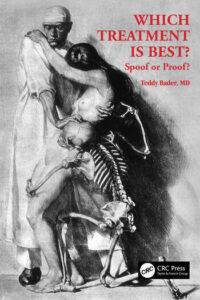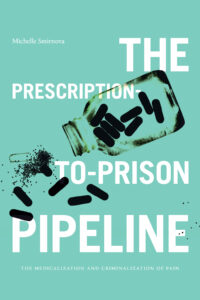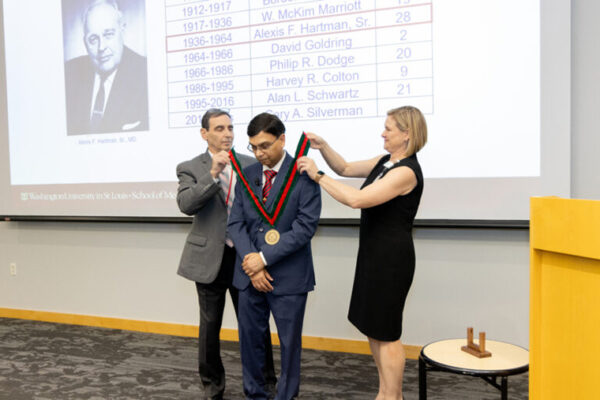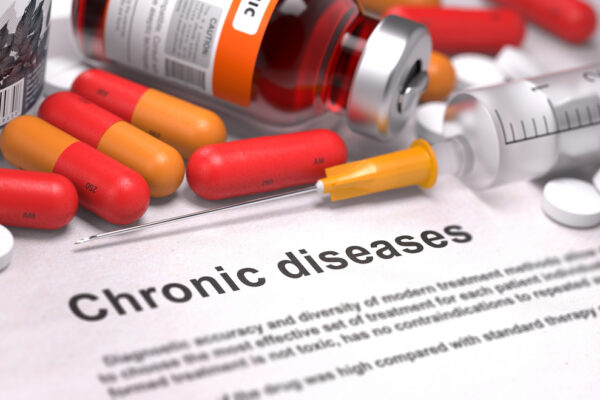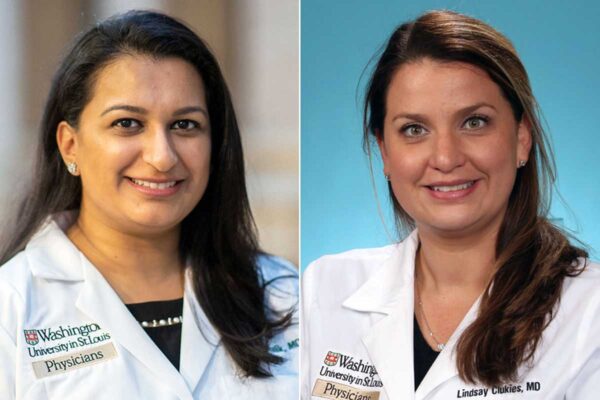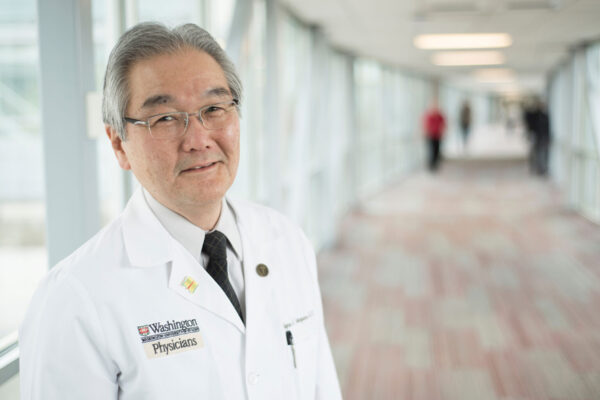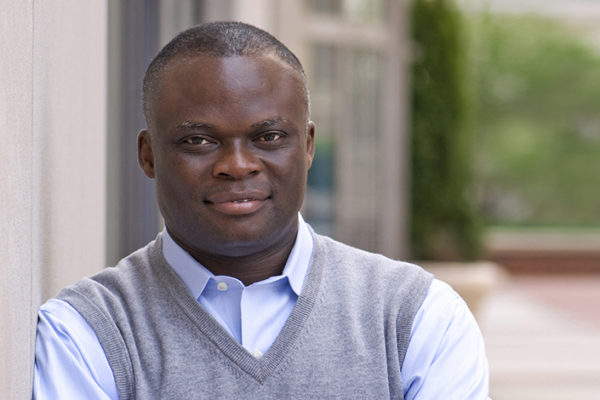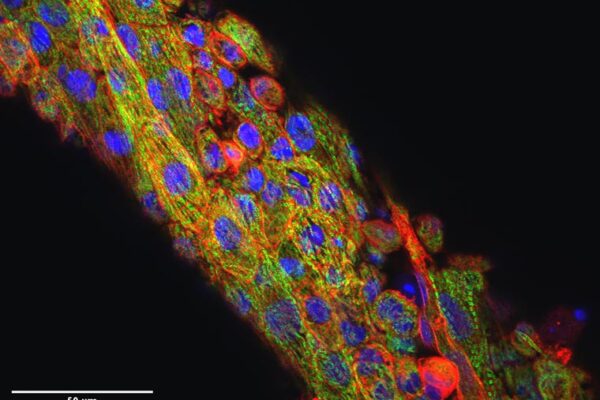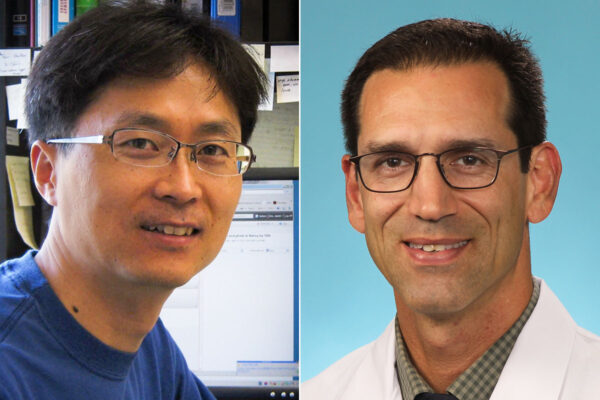WashU leads new multi-omics production center for NIH research consortium
Multi-omics leverages the power of several different “omics” data types at once to build a detailed picture of factors that contribute to human health and disease. Under a $19.2 million grant award, Gary Patti, in Arts & Sciences, and Ting Wang, at the School of Medicine, will manage a new hub for multi-omics analyses at Washington University.
Which Treatment Is Best? Spoof or Proof?
Teddy Bader, MD ’80, explains the best scientific evidence for any treatment — the randomized controlled trial.
The Prescription-to-Prison Pipeline
The Medicalization and Criminalization of Pain
Michelle Smirnova, AB ’06, argues that the ongoing opioid drug epidemic is the result of an endless cycle in which suffering is medicalized and drug use is criminalized.
Dharnidharka installed as Hartmann Professor of Pediatrics
Vikas R. Dharnidharka, MD, a professor of pediatrics at Washington University School of Medicine in St. Louis, has been installed as the Alexis F. Hartmann Sr., MD, Professor of Pediatrics. He was installed in August on the Medical Campus.
Partnership key to chronic disease prevention, study finds
Responding to complex health inequities in communities requires collaborative partnerships, according to a study from the Brown School.
Clukies, Malik named Loeb Teaching Fellows
Lindsay Clukies, MD, an associate professor of pediatrics, and Mariam Malik, MD, an assistant professor of radiology, have been named the 2023-25 Carol B. and Jerome T. Loeb Teaching Fellows at the School of Medicine.
Grant supports physician-scientists studying infectious diseases, immunology
Wayne Yokoyama, MD, director of the Division of Physician-Scientists at the School of Medicine, has been awarded a National Institutes of Health (NIH) grant to support early-career physicians interested in pursuing research in infectious diseases and immunology.
Ssewamala awarded $3.5M to study interventions in Uganda
Fred Ssewamala, the William E. Gordon Distinguished Professor, and Byron Powell, co-director of the Center for Mental Health Services Research, both at the Brown School, have won a five-year $3.5 million grant from the Eunice Kennedy Shriver National Institute of Child Health & Human Development, part of the National Institutes of Health (NIH, for a new study in Uganda.
Virtual drug quiets noise in heart tissue images
Research in the labs of Nate Huebsch and Guy Genin at the McKelvey School of Engineering creates software to enable experiments for learning how electrical and mechanical heart functions relate. Their study is published in the Proceedings of the National Academy of Sciences.
Choi, Pachynski receive research scholar awards
Jaebok Choi, PhD, and Russell Pachynski, MD, both of the School of Medicine, have received Research Scholar Grants from the American Cancer Society to support their research in oncology. Both investigators are research members of Siteman Cancer Center at Barnes-Jewish Hospital and the School of Medicine.
Older Stories

